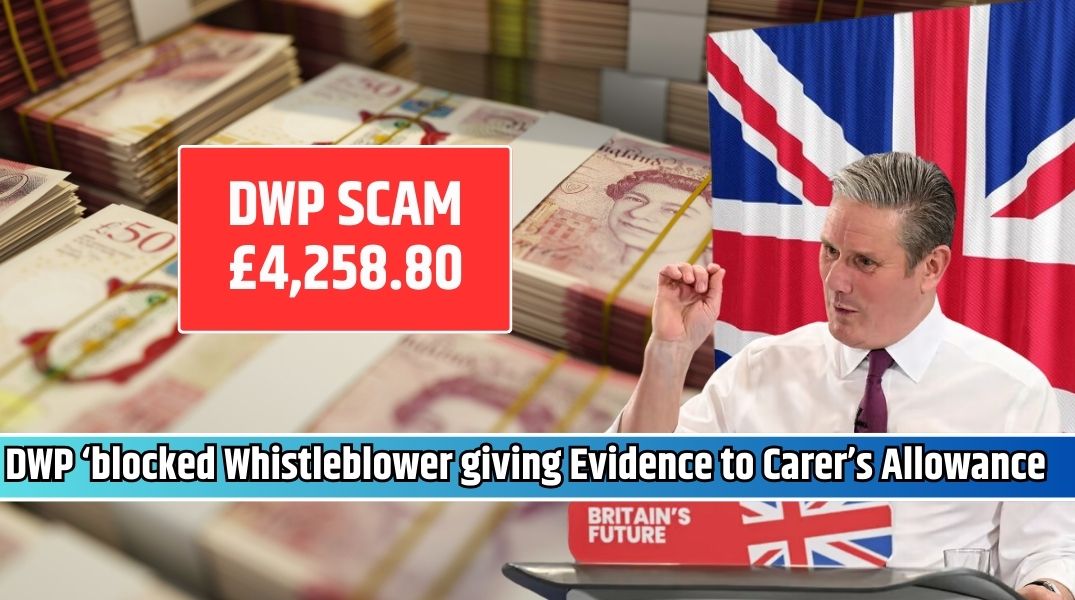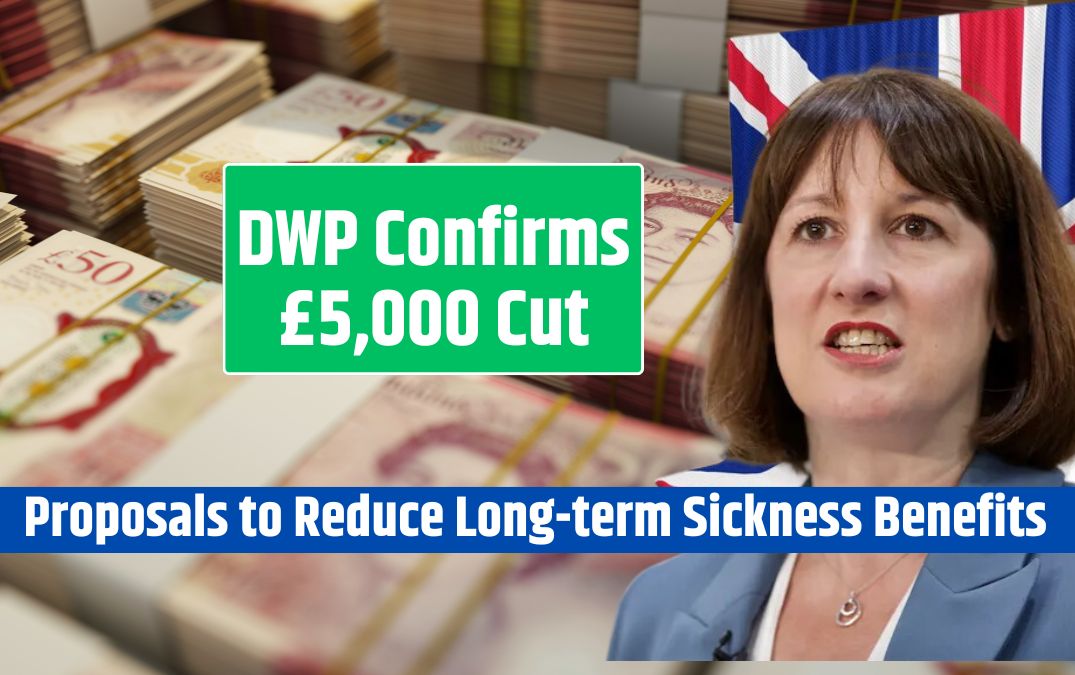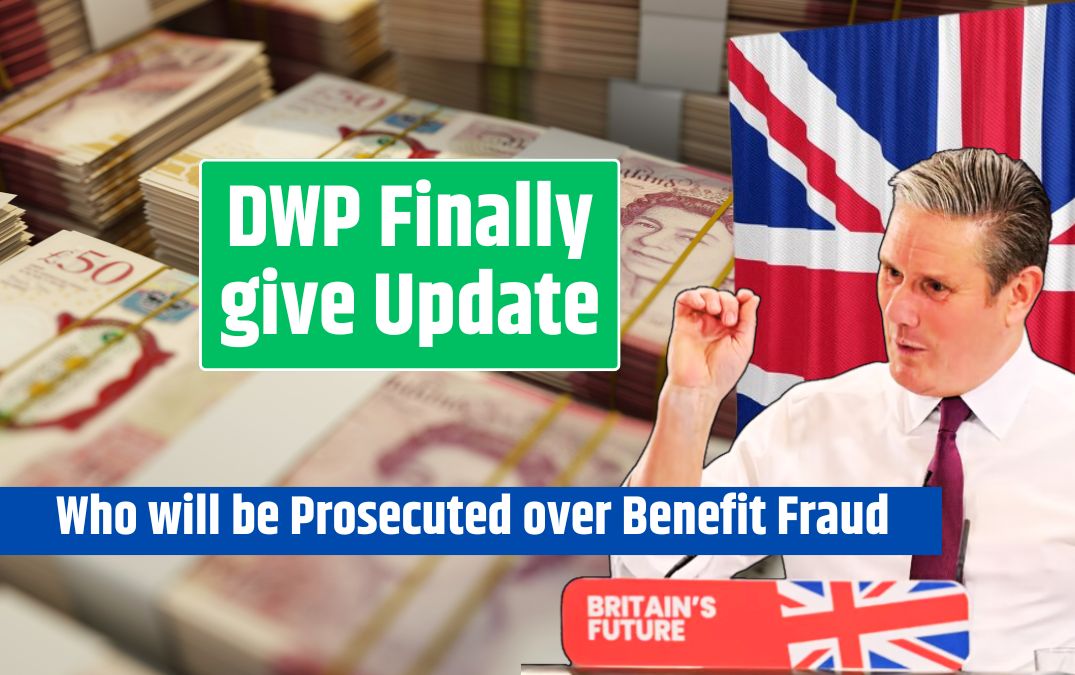As millions of UK households continue to face rising living costs, understanding the financial support available is essential. With benefit payments proceeding as usual and several government schemes offering assistance, here’s a comprehensive guide to February 2025’s key support options, payment dates, and updates.
Key February 2025 Benefit Payment Dates
There are no bank holidays in February, so benefit payments will be issued as normal. Recipients of the following benefits can expect timely payments:
- Universal Credit
- State Pension
- Pension Credit
- Child Benefit
- Disability Living Allowance (DLA)
- Personal Independence Payment (PIP)
- Attendance Allowance
- Carer’s Allowance
- Employment Support Allowance (ESA)
- Income Support
- Jobseeker’s Allowance (JSA)
For further details on how and when these benefits are paid, visit the official government website.
Basic State Pension Payment Schedule
State pension payments depend on the last two digits of your National Insurance (NI) number:
- 00 to 19: Monday
- 20 to 39: Tuesday
- 40 to 59: Wednesday
- 60 to 79: Thursday
- 80 to 99: Friday
Universal Credit Migration
The Department for Work and Pensions (DWP) plans to complete the transition of all legacy benefits (including tax credits, income support, and JSA) to Universal Credit by January 2026. Most claimants should already have received notices, with the remaining notices expected by December 2025.
Sickness and Disability Benefit Reforms
The DWP will launch a consultation in Spring 2025 on reforms to sickness and disability benefits. These changes aim to streamline the system, although reports suggest significant cost-cutting measures are being considered.
Updated Benefits and Pension Rates from April 2025
- Working-age benefits: A 1.7% increase will apply to Universal Credit, PIP, DLA, Attendance Allowance, ESA, and others.
- State Pension: Following the triple lock, it will rise by 4.1% (an increase of £472 per year).
Both increases take effect from April 2025.
Household Support Fund (HSF)
The Household Support Fund provides financial assistance through local councils, offering help with food, energy bills, and other essential expenses. The scheme, originally ending in September 2024, has been extended until March 2025.
- Types of support: Cash grants, supermarket vouchers, and utility bill assistance vary by council.
- How to apply: Visit your local council’s website for details.
Other Financial Assistance Available
1. Budgeting Advance Loans
If you’re on Universal Credit and facing an emergency financial situation, you can apply for an interest-free loan:
- £348 if you’re single
- £464 if you’re part of a couple
- £812 if you have children
Starting April 2025, deductions from Universal Credit to repay loans will be capped at 15% of the standard allowance (down from 25%).
2. Charitable Grants
Organizations like Turn2us offer an online search tool to help you find grants. Charitable grants are available for people with specific needs, such as illness, disability, or unemployment.
3. Energy Provider Assistance
Many energy providers, including British Gas, EDF, and Octopus, offer help to customers struggling with their bills.
- British Gas Energy Trust: Offers grants of up to £2,000 to eligible applicants, even if they are not British Gas customers.
4. Council Tax Reduction
Depending on your income and benefit status, you may be eligible for a council tax discount of up to 100%. Contact your local council through the government’s website to apply.
5. Warm Home Discount
This £150 discount will be automatically applied to eligible households’ electricity bills. To qualify, you must either receive the guarantee credit element of Pension Credit or be on a low income with high energy costs.
6. Free Childcare Expansion
- Current support: 30 hours of free childcare is available for children aged 3 to 4, with an additional 15 hours for 2-year-olds.
- From September 2025: All children under 5 will be eligible for 30 hours of free childcare.
Rising Costs: Energy Price Cap and Inflation
Inflation update: The 2024 Labour Budget confirmed a 1.7% increase in working-age benefits and a 4.1% increase in the state pension, reflecting wage growth.
Energy price cap: Increased from £1,717 to £1,738 for January to March 2025, with further hikes expected in April.
Source: Link
FAQ’s
When will February 2025 benefits be paid?
Since there are no bank holidays in February 2025, benefit payments like Universal Credit, State Pension, PIP, and others will be issued as scheduled.
What is the payment schedule for the State Pension in February 2025?
The payment date depends on the last two digits of your National Insurance number: 00-19 (Monday), 20-39 (Tuesday), 40-59 (Wednesday), 60-79 (Thursday), and 80-99 (Friday).
What benefit changes are happening in April 2025?
Working-age benefits will increase by 1.7%, while the State Pension will rise by 4.1% due to the triple lock system. These changes take effect from April 2025.
What financial support is available through the Household Support Fund?
The Household Support Fund offers assistance with food, energy bills, and essential expenses through local councils. Support includes cash grants, vouchers, and utility bill help.
Can I get a loan if I’m on Universal Credit?
Yes, you can apply for a Budgeting Advance loan if you face financial emergencies. Loan amounts vary from £348 for singles, £464 for couples, and £812 for families with children.
What is the Warm Home Discount, and who qualifies?
The £150 Warm Home Discount will automatically be applied to electricity bills of eligible households. You qualify if you receive Pension Credit (guarantee credit) or have a low income with high energy costs.
How can I get a reduction in my council tax?
Depending on your income and benefits, you could get a discount of up to 100% on your council tax. Visit your local council’s website to check eligibility and apply.
What free childcare options are available in 2025?
Currently, 30 hours of free childcare is provided for children aged 3-4, with an additional 15 hours for 2-year-olds. From September 2025, all children under 5 will be eligible for 30 hours of free childcare.













